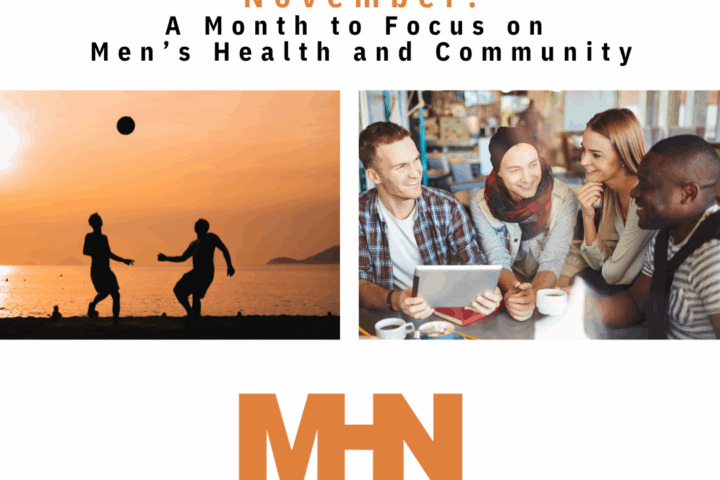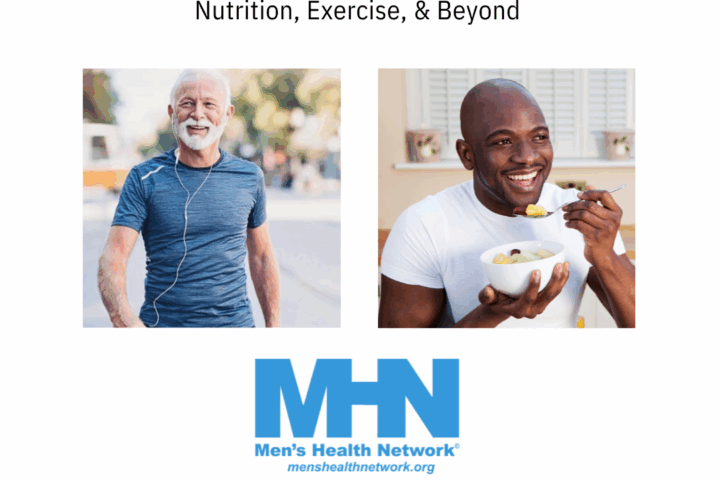Depending on how old you are, you may have heard the cliché phrase “stop and smell the roses.” How can taking the time to smell roses possibly improve or extend your life? Mind the words of the great philosopher Socrates, who said: “Beware the barrenness of a busy life.” Metaphorically then, smelling roses might just be a key to longevity.
Back to Basics
Lets take a moment to review some longevity science that addresses some of life’s fundamentals:
Food. Science has shown us that it’s pretty clear that eating Paleo or Mediterranean can add years to your life. But as much as we can learn about eating right from old cultures, we can learn even more from the old folks. Studies of peeps in the world’s Blue Zones, regions that have the highest concentrations of centenarians, are quite revealing as assessed by Dan Buettner in The Blue Zones Solution.
- Stop eating before your stomach is full
- Make the smallest meal of the day the last meal of the day
- Live like our predecessors and eat mostly plants, especially beans. And eat meat rarely and in small portions.
- Drink alcohol moderately and regularly (1-2 glasses a day)
Thought. Humans are pretty linear creatures. We’ve been built that way since we stood up and started walking. The whole concept of multitasking, so critical to survival and day-to-day function in the era of the World Wide Web and computer-caliber smartphones, is remarkably recent in our evolution. But is multitasking healthy? Neuroscientist Daniel Levitin, author of The Organized Mind, states:
“Although we think we’re doing several things at once, multitasking, this is a powerful and diabolical illusion. We’re not actually keeping a lot of balls in the air like an expert juggler; we’re more like a bad amateur plate spinner, frantically switching from one task to another, ignoring the one that is not right in front of us but worried it will come crashing down any minute. Even though we think we’re getting a lot done, ironically, multitasking makes us demonstrably less efficient.”
So, maybe what’s best is less. In Thoreau’s words: “A man is rich in proportion to the number of things which he can afford to let alone.” So, one key to longevity could be to realize that your attention is your most valuable intellectual attribute and to protect it by taking the simplest little steps, like:
- Savoring a quiet unrushed morning
- Pushing aside the unimportant and prioritizing the important
- Not overcommitting
- Avoiding distraction
- Realizing that excitement is only temporary
Sleep. I tell patients that although a lack of sleep won’t kill (unlike starvation), it is just as important as diet choices to a healthy life. In a rare study of twins (who make great research subjects because they have very similar genetic makeups which help isolate behavioral differences), researchers followed 21,000 twins for 22 years, asking questions about sleep habits and examining longevity. They observed that sleeping <7 hours a night increased the risk of death by 20%. Yes, my friends, sleep matters.
Activity. We all know that regular exercise is good for your heart and health. It’s now evident that any activity or exercise is better than none at all. In a study of 1274 healthy older (< 70 years) men whose activities levels were watched with wearable devices and then followed for 6 years, we learned that for every 30 minutes of daily activity, men were 17% less likely to die. So, even any activity or light exercise helps longevity.
As spring is right around the corner, its good to know that smelling roses may not be such a bad idea. It gets you out of a chair and outside, burns calories, and takes your mind off of multitasking. Maybe Arthur Conan Doyle was right: “What a lovely thing a rose is!”
This article first appeard on Dr. Turek’s blog.




